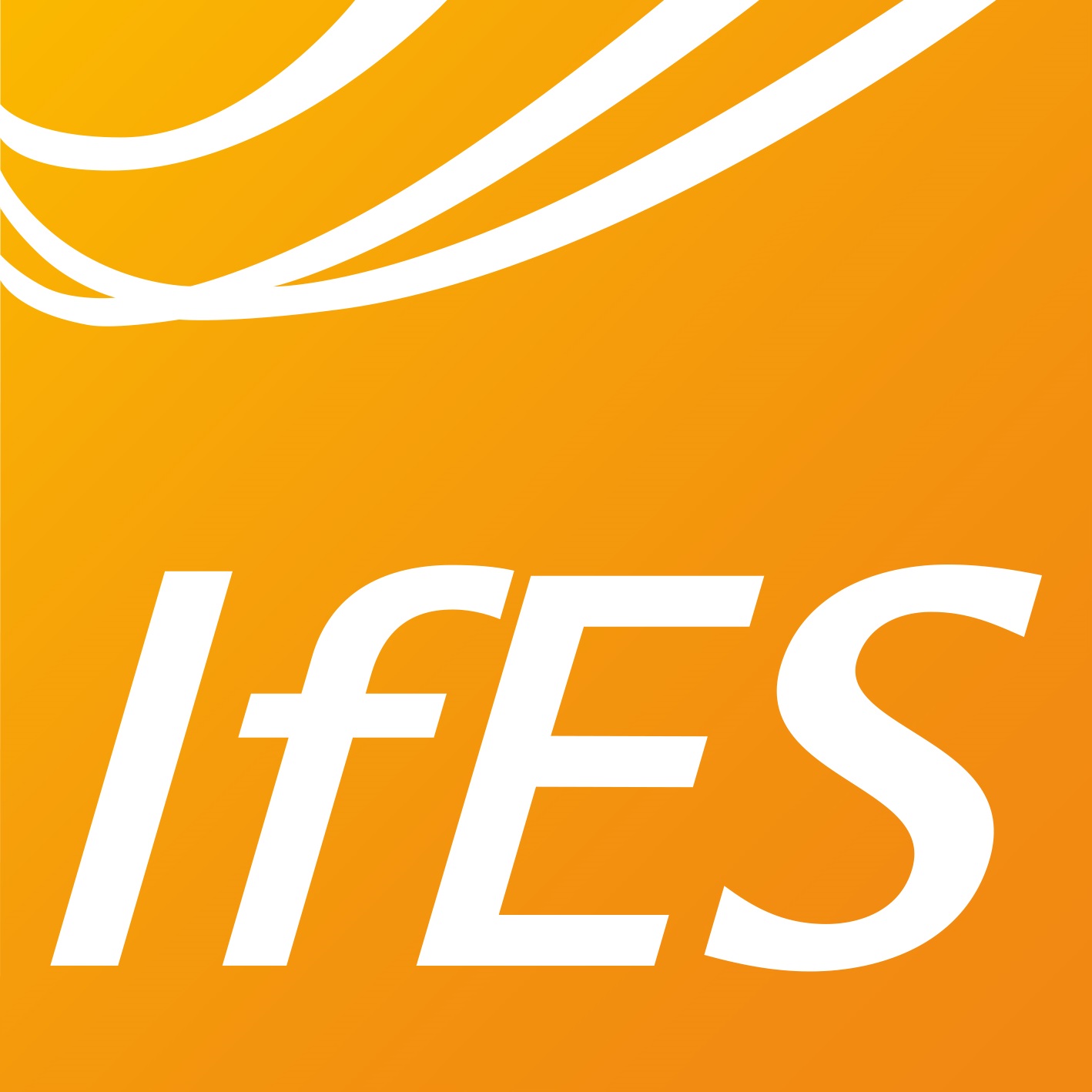Study of Oil/Pressboard Creeping Discharges under Divergent AC Voltage - Part 2
Internal Treeing and Surface Tracking
- verfasst von
- Xin Zhou, Ernst Gockenbach, Peter Werle, Alexy Rybakov
- Abstract
This paper presents both an experimental study and a theoretical discussion on the relevant faults resulting from progressive creeping discharge. Pressboard ageing, voltage amplitude, and pressboard type are configured to generate the faults under divergent creeping stresses. The fault progression is recorded by high-resolution camera, partial discharge (PD) device, and optic-fiber thermometer. The damaged pressboards are scrutinized by microscopy and image-processing techniques, and gas chromatography is used to analyze the gas compositions. The progression of internal treeing shows distinct stages of different interface phenomena, such as spark discharge, white marks, and bubbling effect, as well as varying discharge patterns. In contrast, the progression of surface tracking is a simple but hardly noticeable process due to the PD disappearance. The internal carbonization channels are believed the fundamental causes of the interface phenomena pertinent to internal treeing. A theoretical model is proposed to expound the development of the internal carbonization channels, which considers the charge emission, the pressboard pyrolysis, and the percolation theory. The failure mode of internal treeing is schematically illustrated using a four-phase model, and the effects of thermal ageing and field distribution on surface tracking are discussed. Lastly, a detailed comparison is made between internal treeing and surface tracking in terms of the occurrence condition, initiation mechanism, growth driver, and growth characteristics.
- Organisationseinheit(en)
-
Fachgebiet Hochspannungstechnik und Asset Management (Schering-Institut)
- Typ
- Artikel
- Journal
- IEEE Transactions on Dielectrics and Electrical Insulation
- Band
- 28
- Seiten
- 364-372
- Anzahl der Seiten
- 9
- ISSN
- 1070-9878
- Publikationsdatum
- 15.04.2021
- Publikationsstatus
- Veröffentlicht
- Peer-reviewed
- Ja
- ASJC Scopus Sachgebiete
- Elektrotechnik und Elektronik
- Elektronische Version(en)
-
https://doi.org/10.1109/TDEI.2020.009060 (Zugang:
Geschlossen)


